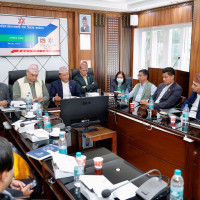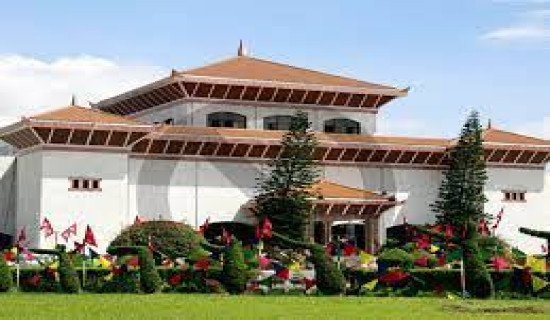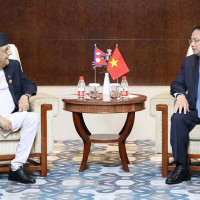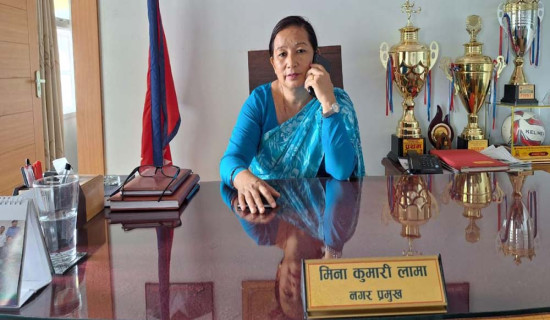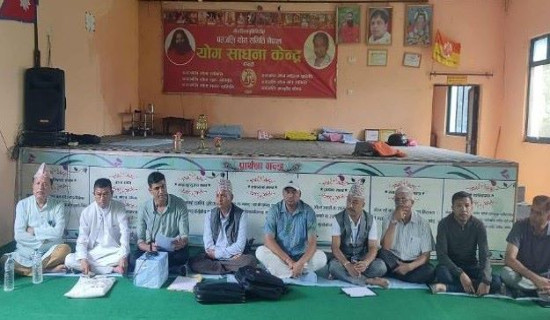- Sunday, 31 August 2025
SCO Summit: Expectations And Challenges
The Shanghai Cooperation Organisation (SCO) Summit is going to be held in Tianjin City, China, on 31st August-1st September 2025. As the SCO president, China has organised more than 100 events, including ministerial and various levels of meetings, the SCO political parties’ forum, a media and think tank summit, and the art festival under the theme of “SCO Year of Sustainable Development.” SCO, following the “Shanghai Spirit,” has attained some remarkable achievements in terms of volume of trade, economic growth, infrastructure and connectivity, green and digital development over the 24 years of its establishment.
As a pioneer regional organisation of the Global South, the common development model of SCO, with a cooperative and multilateralism perspective, presents itself as an alternative to the Western exclusive model of development. However, it has to face both internal and external challenges. The observers from the Global South are viewing whether the summit will be helpful to overcome the existing challenges and transform the SCO into a further effective organisation with determined coordination to properly lead the rapidly changing world order moving towards a severe disintegration.
Challenges
It is claimed that the domestic security of the SCO partner countries has been strengthened through the joint military exercises and mutual exchange of information on potential cross-border terrorism, human trafficking, illicit drug trafficking, etc. However, SCO has to face the challenges of war and conflicts between Member States and beyond, such as the Russia-Ukraine war, the Iran-Israel war, the India-Pakistan cross-border conflict, etc. Inter-member war and conflicts undermine the Shanghai Spirits, SCO multilateralism, and the bilateral relations of the SCO members, leading to the magnification of the internal contradictions within the SCO as a major organisational challenge. Such activities contradict the SCO objectives of strengthening inter-member confidence and good neighbourly relations, and maintaining and ensuring regional peace, security, and stability.
Similarly, the diverse development paradigm and priorities, socio-economic context, political frames, and geopolitical disputes are some challenges for greater economic integration among the SCO partners. However, the reluctance of the SCO to interfere in and resolve the challenging bilateral issues of the members may obstruct the consensus among SCO members at the Summit. Externally, China and the SCO have to face the challenges from the West through various pressures and geopolitical interference, along with military actions. Recently, the Member States have been facing the impact of the unilateral US tariff war as well.
According to the organisers, the Summit is expected to announce a Tianjin declaration and to approve a SCO Development Strategy for the next 10 years and to explore the means and adopt a series of outcome documents for further strengthening economic and cultural cooperation, as well as security of the SCO partner states. Likewise, SCO members will find common ways to face the protectionist tariffs, unilateral sanctions, and technological restrictions imposed by the Trump Administration and to enhance regional economic development and cooperation to minimize the impact of such (U.S.) unilateral actions. Thus, the Summit is expected to bring consensus among the SCO members to strengthen and guide the organisation towards building a comparatively fair and equitable global governance order and developing a closer community with a shared future, on the grounds of the Shanghai Spirit.
However, the SCO Summit 2025 has to address a few questions. First, would there be consensus among the members on a joint statement in spite of their conflicting interests? Second, will it be helpful to ease the real diplomatic progress among those conflicting states? Thirdly, can it be able to strengthen the SCO by making it substantial and full of institutional depth? Lastly, how does the SCO address the effects of conflicting interests and disputes among the Member States on economic cooperation? The summit is expected to overcome the structural gaps (such as the absence of dispute resolution mechanisms) and strengthen the SCO secretariat.
Hence, there is a need for re-standardisation of the prospects and the institutional reforms. SCO should allow voluntary groups of members with common interests to promote their cooperation in sectoral development initiatives. But there is a question: whether the anti-liberal powers (such as China and Russia) will be able to give a new credible alternative to the world order. China, as a leading partner, has to play an important role in exploring and proposing new measures and initiatives to ease the high-quality development of the SCO and comprehensive cooperation among the partners. Hope the Tianjin Summit 2025 will foster the SCO to achieve this goal of its restructuring.
Lipulek issue
The Shanghai Spirit covers the characteristics of mutual trust, mutual benefit, equality, consultation, respect for diversity of civilizations, and the pursuit of common development among the partners. However, the spirit has been followed rarely by the Member States. Recently (just before the SCO Summit), two giant SCO members- India and China signed an agreement to operate a trade route through Lipulek pass (a Nepali territory in the border of Nepal, India, and China, that remained under a decade-long dispute between Nepal and India) without consulting with Nepal (a SCO Dialogue Partner). Here, not only India, China (the leader of SCO) has ignored the need of Nepal's participation during the dialogue, though China already has information about the issues. Nepal is trying to get at least membership as an SCO Observer State.
It is not certain whether Nepal will succeed in that or not. However, Nepal should try for every success to have sideline talks with its Indian and Chinese counterparts regarding the Lipulek issue and explore the proper way for a solution wisely and diplomatically. Along with promoting economic cooperation, Nepal should lobby with the other SCO partners to press for a just solution of this decade-long border issue, reminding them the norms of the Shanghai Spirit.
(The author is the former Vice Chair of Province Policy and Planning Commission, Bagamati Province, Nepal)



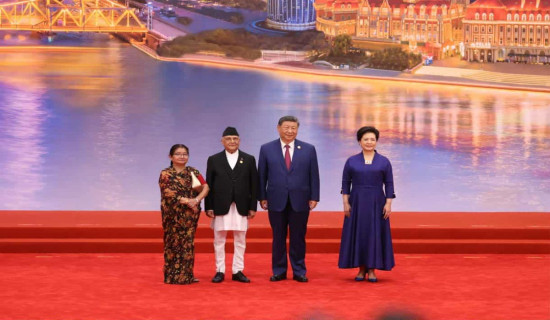
-square-thumb.jpg)
